In the context that the health sector in the country in general and Hanoi in particular is still facing many difficulties, especially at the grassroots health level such as lack of human resources, limited facilities, lack of synchronization in data and digital transformation, the construction of the "Digital Health Station" model is considered a strategic and breakthrough step, contributing to improving the capacity of frontline health care, while modernizing the health system in a comprehensive and sustainable manner.
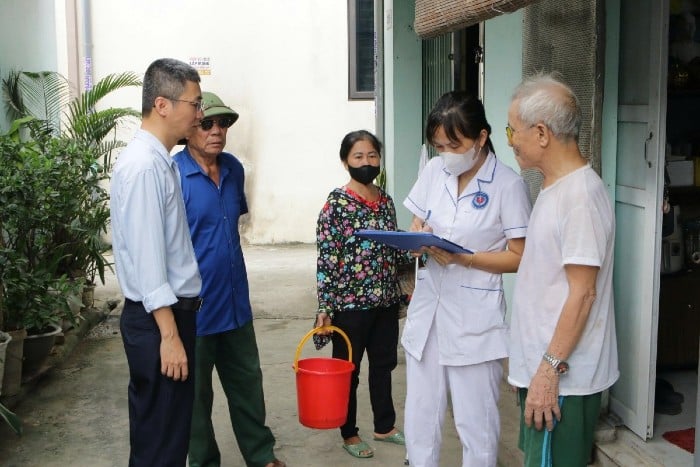 |
| Illustration photo. |
According to Ms. Tran Thi Nhi Ha, Vice Chairwoman of the National Assembly's Committee for People's Aspirations and Supervision, National Assembly Delegate of Hanoi City, developing the "Digital Health Station" model is not only an inevitable trend in national digital transformation, but also a practical solution to provide more effective and comprehensive health care for people.
This model does not simply apply information technology, but is a modern healthcare management system, closely connecting primary healthcare with upper-level hospitals and other medical examination and treatment facilities.
Each citizen will have an electronic health identification code, which stores full information on medical examination and treatment history, vaccination, testing, nutrition, treatment and other health data.
This information is updated regularly and synchronized between medical facilities and levels, helping people receive continuous care, saving time and costs by not having to redo tests and procedures at each examination location.
Hanoi is characterized by the concentration of many central hospitals, medical facilities belonging to ministries, branches and a widespread grassroots medical network.
This is both an advantage and a challenge when the health system still lacks data connectivity between levels, hindering management, diagnosis and treatment.
Therefore, building a unified digital health ecosystem, connecting from the central to local levels, from end-line hospitals to commune and ward health stations is an urgent requirement.
If successfully implemented, people will benefit the most with convenient, transparent, effective and economical medical services.
During the 2020-2025 term, despite being under pressure from the Covid-19 pandemic, the Hanoi Health sector still recorded outstanding results, notably the city completed the implementation of electronic health records for all residents, becoming the first locality in the country to achieve this result.
This is a big step forward in public health management, creating the foundation for proactive health care, with prevention being better than cure.
At the same time, Hanoi also promotes the application of science and technology in modern medicine with a series of advanced techniques deployed at specialized hospitals such as Hanoi Oncology Hospital, Hanoi Heart Hospital, Hanoi Obstetrics Hospital... not inferior to central-level facilities.
Hanoi's digital transformation of healthcare has also achieved many clear results. As of September 2025, 75 facilities have generated and connected birth certificate data to the Health Insurance Assessment Portal, with a total of more than 244,000 records. 100% of facilities examining and issuing driver health certificates have connected more than 542,000 records.
Medical facilities received more than 14 million medical examinations using chip-embedded citizen identification cards, replacing traditional health insurance cards.
Regarding the electronic health book integrated on VNeID, more than 9.6 million records have been authenticated and connected, and all 42 public hospitals in the city have also completed the implementation of electronic medical records.
The city has also implemented cashless payments at 100% of public hospitals through forms such as POS, static QR, dynamic QR, and e-wallets. In addition, 5 hospitals have deployed a remote medical examination and treatment system.
In 2025, Hanoi also piloted a two-level "Digital Health Station" model in Quang Minh commune (former Me Linh district) and Quang Oai commune (former Ba Vi district), synchronizing more than 85,000 medical examinations and treatments and nearly 190,000 population data.
Some large hospitals such as Duc Giang, Xanh Pon, and Hanoi Oncology have also deployed artificial intelligence (AI) applications in lung X-ray diagnosis, digestive endoscopy, and early cancer screening support, helping to improve accuracy, reduce diagnosis time, and reduce the workload for doctors.
Despite many positive results, the digital transformation of healthcare in Hanoi still faces many challenges. Vice Chairman of the City People's Committee Truong Viet Dung pointed out that currently, healthcare data is still scattered, lacks effective connection, and data exploitation and analysis are still limited, affecting decision-making and forecasting.
The technology infrastructure is not yet synchronized, the IT human resources are still weak, and the storage and sharing of medical images still lacks standardization.
Faced with that reality, Hanoi is aiming to build an integrated medical data system, including 4 data layers such as basic, specialized, applied and interactive.
To do this, the city will establish interdisciplinary working groups, mobilize the participation of large technology units, and temporarily suspend some small-scale activities to focus resources on building a new data system.
At the same time, Hanoi will allocate a reasonable budget, clearly define specific mechanisms and select strategic investors to effectively deploy the digital infrastructure system in healthcare.
Vice Chairman of the City People's Committee Vu Thu Ha emphasized that this is a comprehensive project, requiring concentrated and systematic direction from the city. Relevant departments, branches and units must coordinate closely and implement in a unified manner according to the general direction to ensure effectiveness and avoid fragmentation and dispersion.
It is necessary to clearly define roles and responsibilities, have specific plans and roadmaps in deploying technology applications, especially digital health stations, which are closest to the people and have the potential to create the strongest changes.
With high political determination, available technology platform and extensive medical network, Hanoi has all the conditions to become a pioneer in building "Digital Medical Stations" and modern grassroots medical models.
This is not only a solution to respond to current health challenges, but also a long-term orientation to help the city effectively manage public health, improve quality of life, prevent epidemics and develop sustainable, comprehensive health care that truly puts people at the center of all health care activities.
Source: https://baodautu.vn/ha-noi-huong-toi-hien-dai-hoa-y-te-co-so-voi-mo-hinh-tram-y-te-so-d415087.html












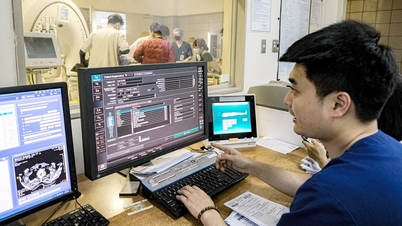

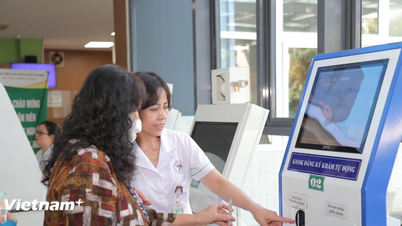
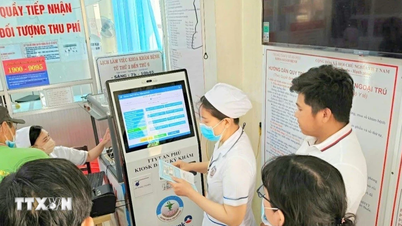





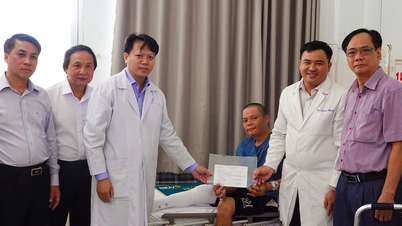
















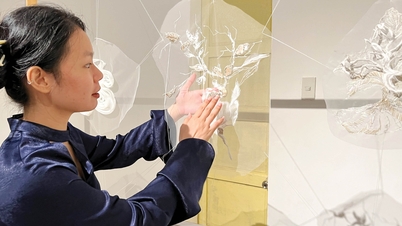

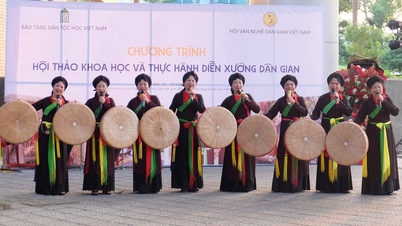



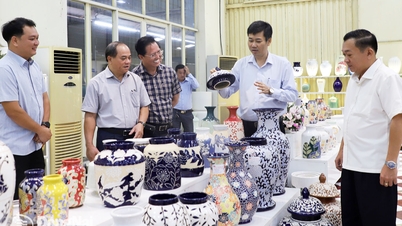










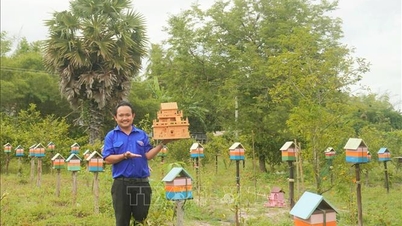

















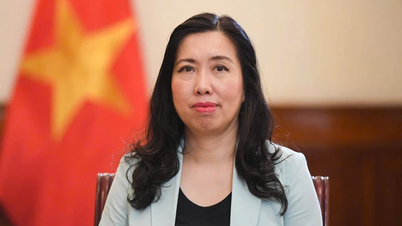
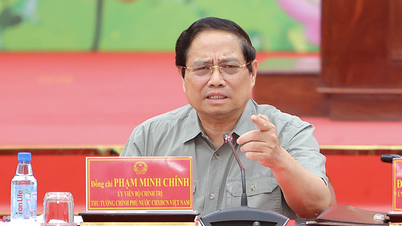
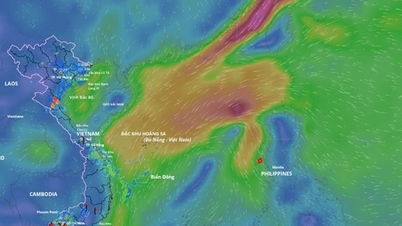



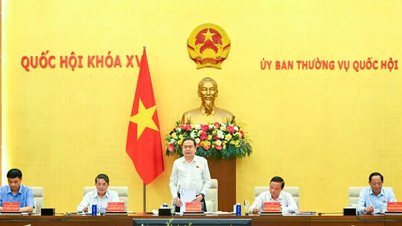











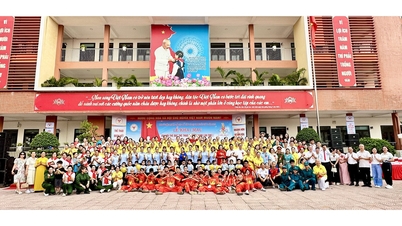

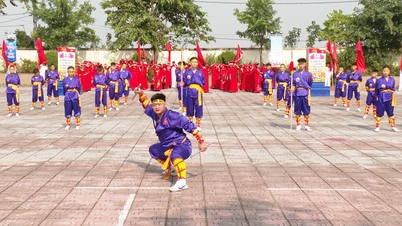














Comment (0)